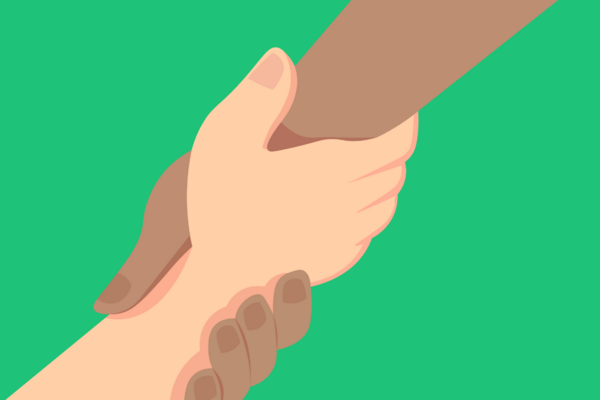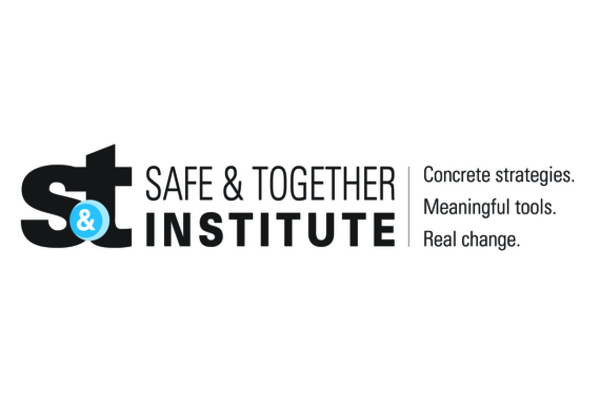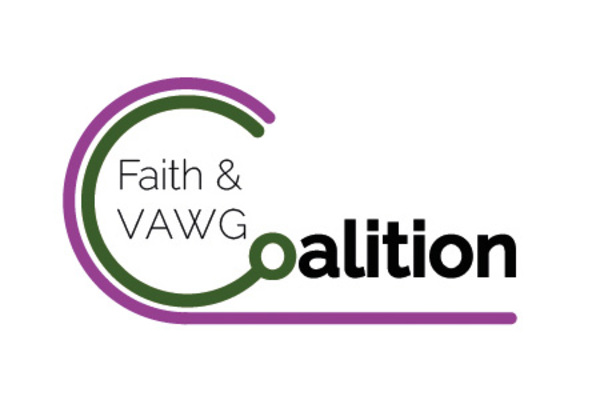
At Respect we often talk about the importance of offering specialist parallel support to survivors as part of perpetrator interventions, but what does that look like, and how does it support their safety and wellbeing?
Today is International Women’s Day, and we’ve teamed up with Make a Change and the Drive Project to give an insight into the support they offer survivors, most of whom are women, as part of their work with people using abuse.
There are many different perpetrator interventions spanning the spectrum of risk and harm, but a shared aim is to reduce abusive behaviour and increase victim/survivor safety. Interventions achieve this by offering meaningful opportunities for perpetrators to change their behaviour, and by offering support for survivors (both emotional and practical) throughout the process. To meet the Respect Standard for safe and effective work with perpetrators, services must offer this separate, specialist support.
Make a Change
Make a Change, developed by Respect in partnership with Women’s Aid Federation of England, is an early response approach to people using abusive behaviours in their intimate relationships. As part of this work, Make a Change also offer tailored 1-1 support for survivors and their children, which can include information provision, emotional support, education around domestic abuse, or access to other support services.

At Make a Change’s Trafford site, TLC: Talk, Listen, Change deliver the programme to people using abuse, working in close partnership with Trafford Domestic Abuse Services (TDAS), who deliver survivor support. We spoke to Anita from TDAS about the support they give survivors, and why it’s so important.
“Survivor safety is at the heart of the programme. The Integrated Partner Support Worker and the survivor work together to create support and safety plans. This support gives survivors a voice and allows them to verbalise how they feel about what is going on at home at each stage of the programme. Without this support survivors may feel isolated, confused or even pressured to compromise their safety. It gives opportunity for ongoing risk assessment and management where safety concerns can be discussed and raised directly with partners delivering the perpetrator programme.”
As part of an evaluation of Make a Change, we also heard from survivors about their experience of the support they received,
“He could be going to group every week and saying, oh, yeah, there's been no problems, we've had no arguments. I want to make sure that he's sort of being honest and telling the truth. And also, I want to know that he's participating fully.”
“It’s nice to be able to talk about ‘what if I stay?’, or ‘what if I leave?’, ‘what if we temporarily separate?’ – just to imagine all the scenarios and work through it without somebody judging me”
The Drive Project
The Drive Project works with a different cohort to Make a Change, instead focusing on high-harm, high-risk and serial perpetrators of domestic abuse to prevent their abusive behaviour and protect victims. The support survivors need in this context is different because they are at a higher risk of harm from their partner.
They are supported by an Independent Domestic Violence Advisor (IDVA), a specialist professional who works 1-1 with the survivor to develop trust and support them to become safe and rebuild their life. IDVAs are linked to specialist domestic abuse organisations and liaise closely with those working with the perpetrators to manage risk and ensure survivor safety.

Many IDVAs have continual contact with the survivor they are supporting, but also provide support by accompanying the survivor to court or to meetings with solicitors, for example, or signposting to other services such as the police, GP or counselling. Importantly, they also represent the survivor at MARACs, regular meetings where key people from agencies like police, children’s services and health meet to discuss how they can help survivors at risk of serious harm.
“The DRIVE intervention - alongside IDVA support - is essential to address the complex needs faced by survivors. All pieces of the puzzle are relevant to safety. The joint working and information sharing is key for effective and holistic safety planning for all those impacted by the perpetrator’s abusive behaviour.”
As part of an evaluation of the Drive Project, survivors were asked about the support they received:
“I feel that she went above and beyond to ensure that I am safe and I felt that I was listened to.”
“...just been an amazing support really. She’s helped me so much and I wouldn’t be in this position now if it wasn’t thanks to them.”
Join us today across our social channels to celebrate International Women's Day. If you would like to learn more about Make a Change, or the Drive Project, head to their relevant websites.




